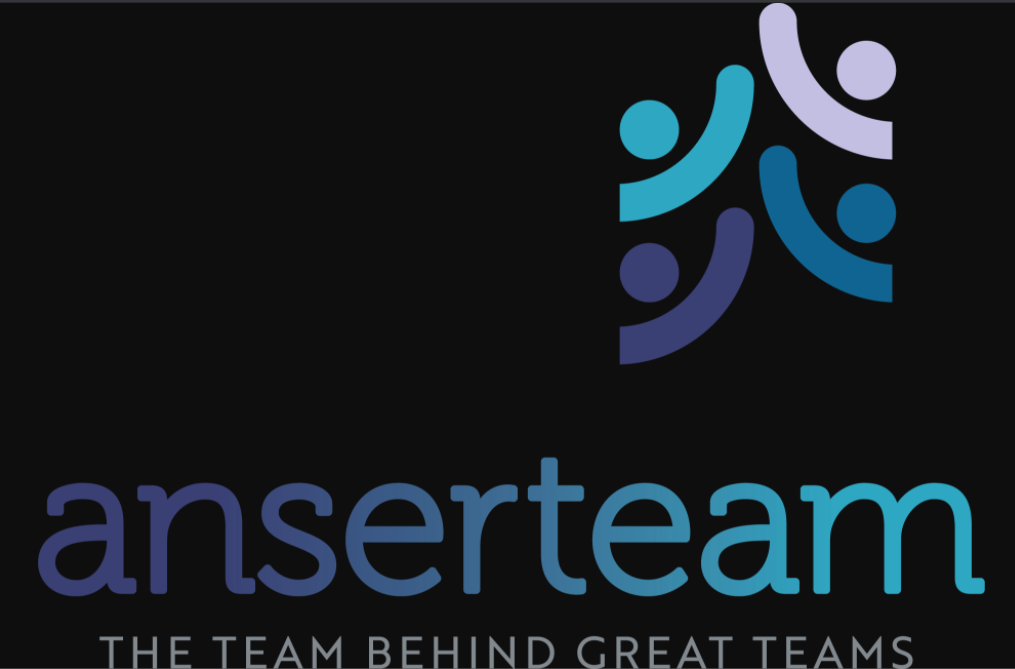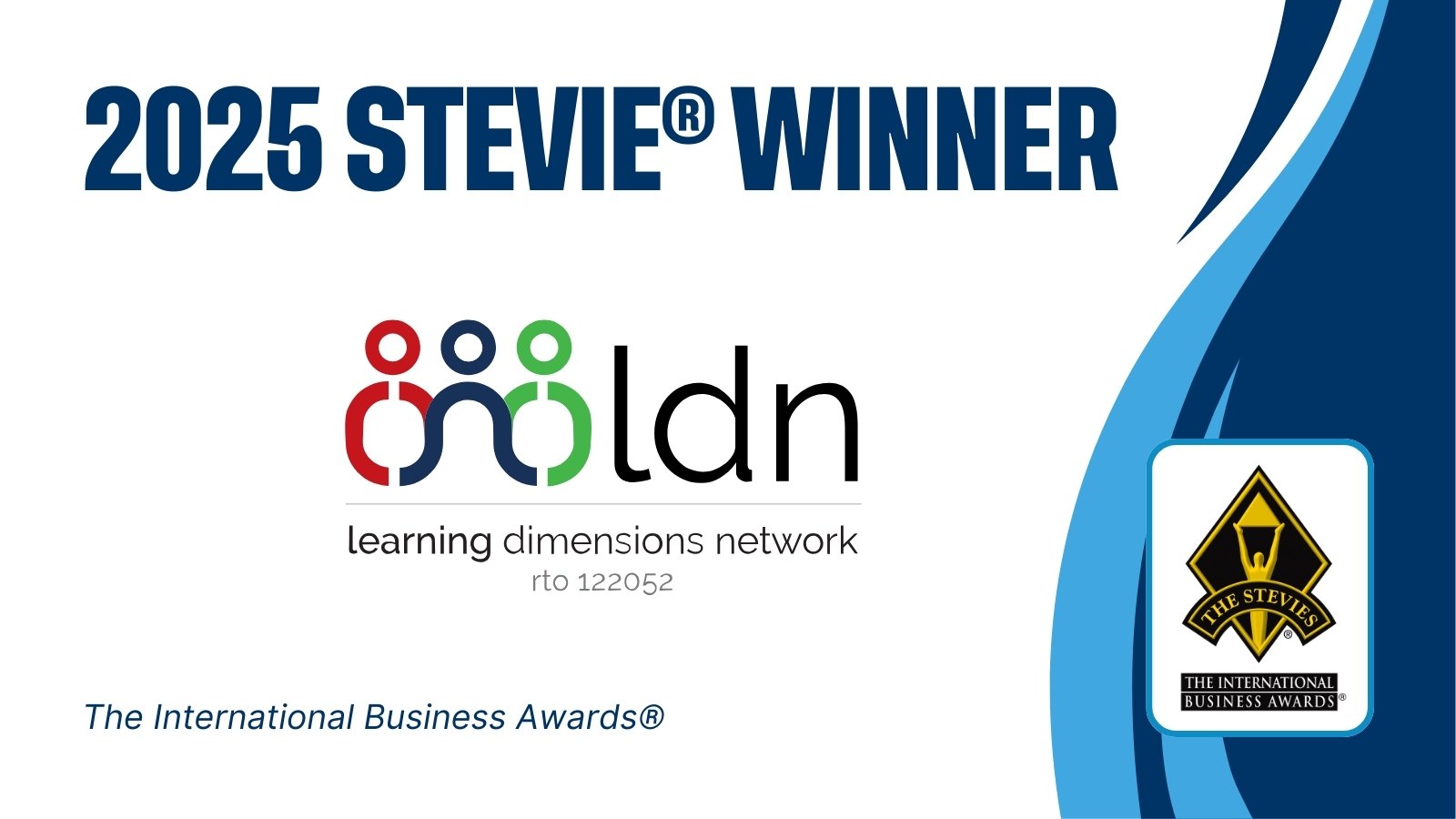4Life Transfer Factor Collagen received the most votes in the 2020 People's Choice Stevie® Awards for Favorite New Products, a feature of The American Business Awards®, the U.S.A.’s top business awards program, which are now in their 18th year.
The worldwide public vote was conducted last month, with the highest number of votes deciding the winners in a variety of product categories. More than 87,000 votes were cast. To win, a category’s leading vote-getter had to have received at least 100 votes. 4Life Transfer Factor Collagen collected more than 19,000 votes.
The crystal People’s Choice Stevie Awards will be mailed to Stevie Winners before they are honored at the virtual awards ceremony on August 5. There, the winners of peer-adjudicated Gold, Silver and Bronze Stevie Awards will also be honored for their awards.

All new products and services nominated in the new product awards categories of this year’s American Business Awards were eligible to be included in voting for the people’s choice awards.
The winners of the 2020 People’s Choice Stevie Awards for Favorite New Products are:
-Artificial Intelligence/Machine Learning Solution: Retention Intelligence
-API Management Solutions: Ambassador Edge Stack
-Business-to-Business Service: Credit Logix
-Big Data Solution: Tavant Manufacturing Analytics Platform
-Biz/Competitive Intelligence Solutions: Datamatics TruCap+
-Business Technology – Other: Ericom Shield
-Cloud Infrastructure: Wind River Cloud Platform
-Cloud Platforms: iboss cloud
-Cloud Storage / Backup: Quest Software's QoreStor 6.0
-Collaboration/Social Networking Solution: Passageways' OnSemble Employee Intranet
-Consumer Electronics: The SpotOn Virtual Smart Fence
-Consumer Products – Durables: Delta® Glass Rinser
-Consumer Products – Other: 4Life Skincare & Age-Defiance
-Content Management Solution: Laserfiche Vault
-Content Solution: Humana's CMS EOB statement merge
-Corporate Learning/Workforce Development Solution: Articulate 360
-Digital Process Automation Solution: Creatio
-Education Solution: Emotional ABCs Classroom
-Endpoint Security Management Solution: Ericom Shield
-Financial Management Solutions: CCH Tagetik Analytic Information Hub
-Financial Service: Bitvore Cellenus
-Financial Solutions: Bank of America Mobile Banking App
-Governance/Risk/Compliance Solutions: Passageways' OnBoard Governance Platform
-Hardware – Computer: OWC Mercury Elite Pro Dock
-Hardware – Storage: OWC ThunderBay 4 mini, Thunderbolt 3
-Healthcare Technology Solution: MedTrainer's Improved Compliance Platform
-Healthcare/Pharma: Butterfly Network's Portable Ultrasound Device
-Identity & Access Security Solutions: Sontiq Small Business Suite
-Industrial Products & Services: Newberry's New Slim Line 280 and 500 gallon Steel Tanks
-Insurance Solution: John Hancock EDGE
-Migration as a Service: DCAC Migration Solution
-Network Security Solutions: iboss cloud Network Security
-Payments Solutions: Century Business Solutions' EBizCharge
-Relationship Management Solutions: RE/MAX, LLC’s booj Platform
-Telecommunications: Nextivity's Cel-Fi QUATRA 4000












 Toft founded her company ten years ago, in 2010, before which she worked full-time biotech, where she became a “superstar.” At Roche Diagnostics, Toft launched the first global initiative for access to HIV viral load testing; at ViroLogic, Inc., she launched and commercialized first HIV/AIDS genotype and phenotype tests to guide doctors in selecting correct drug combinations; as a result, HIV became a chronic disease and no longer a fatal one.
Toft founded her company ten years ago, in 2010, before which she worked full-time biotech, where she became a “superstar.” At Roche Diagnostics, Toft launched the first global initiative for access to HIV viral load testing; at ViroLogic, Inc., she launched and commercialized first HIV/AIDS genotype and phenotype tests to guide doctors in selecting correct drug combinations; as a result, HIV became a chronic disease and no longer a fatal one.















